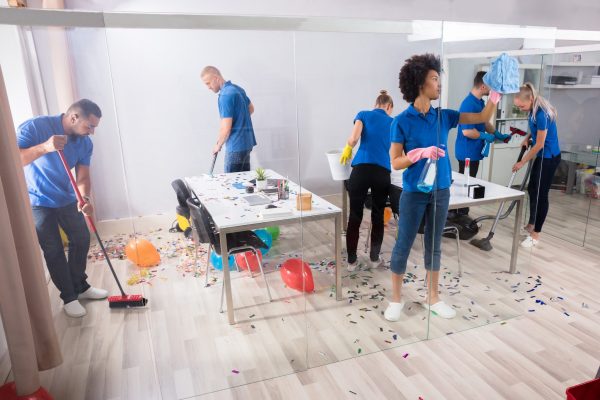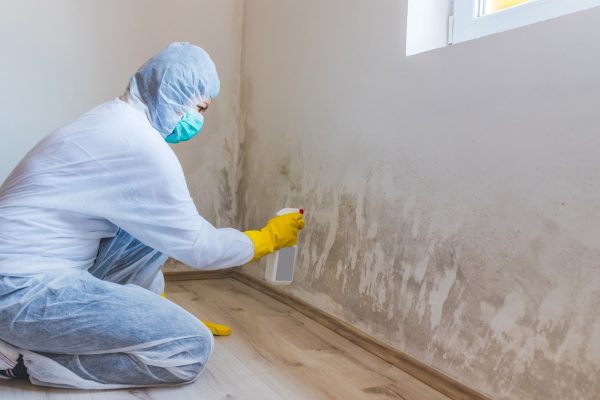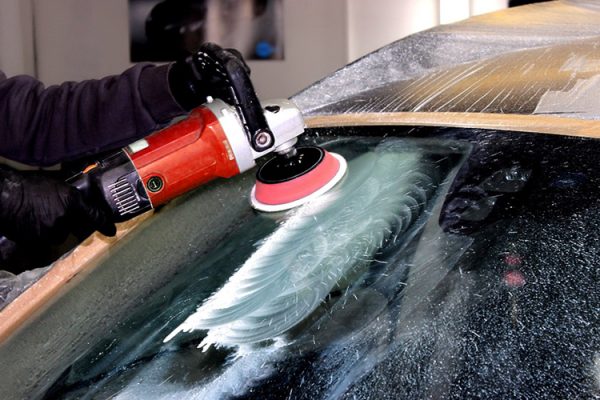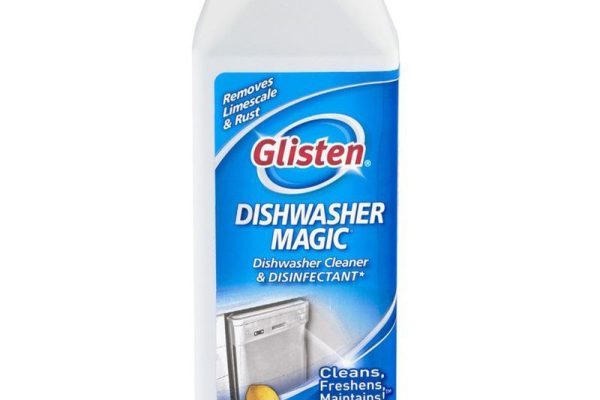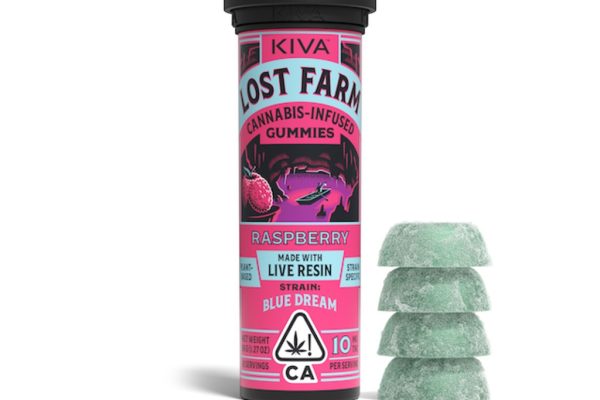When you hear the words “flooded basement,” your mind probably goes right to the worst-case scenario. You imagine the water pouring in from every direction, a wall of mud and debris blocking the way out. Even if there are some windows that have been broken or doors that haven’t yet opened, you know it’s going to be difficult to escape with your life. But is that really what happens? It depends on how quickly the floodwaters rise.
If you’ve never had water damage to your home, then this may seem like an extreme example. If you know someone who has, though, you might understand better why it can be so scary for those trapped inside. Most people don’t think about flooding as much as they should. They assume that the same rules apply as when their house gets flooded from a leaky pipe or toilet overflows. But, as we’ll explain below, that assumption is often wrong.
A person who is living in a society with unfavorable events must have an idea of the various options. The main motive of the people is to get the results that will prove to be the best ones. A person can take help from expert people and get the solution to a flooded basement. The treatment at the right time will prove to be the best one.

Flooding From Leaks
In most cases, flooding from leaks is fairly easy to deal with. When your pipes burst, for instance, it makes sense to call a plumber immediately. But if you’re talking about rising floodwater caused by rain, snowmelt, or other natural causes, there’s no reason to panic. The only time you need to worry at all is when the water level rises very rapidly. This can happen when the amount of rain falls significantly faster than usual. It can also occur when the ground underneath your foundation has become saturated from heavy rains. In most cases, however, you won’t even notice any difference between these types of flooding and ordinary rainfall.
The truth is, you don’t always have to clean up after floods that result from leaks. For one thing, sometimes a leak will cause enough damage before it starts leaking that you’ll want to get rid of the problem anyway. And even where you do notice a leak, you can usually fix it yourself without having to pay for professional help. Sometimes, too, the flood itself can actually be beneficial. As long as the water doesn’t rise too high, it can actually wash away old mold and mildew growth.
Floods Caused By Roof Damage
But if you live in an area prone to frequent storms, chances are you’ve seen the aftermath firsthand. There’s a good chance that you’ve noticed that your roof looks a little worse for wear. Maybe it seems to sag more heavily than normal, or maybe there are several small cracks along the edges. Whatever the case, you’d likely conclude that something has been damaged under the surface. That something could be your shingle layer, but it could also be your insulation or even the structural integrity of your roof.
Whatever the case, once you realize that your roof needs repair, you need to act fast. You can’t just wait around for weeks while you wait for the weather to clear up. If you do, you risk not only ruining your roof, but also your entire home.
Floods Caused By Soil Erosion
Soil erosion is another common culprit behind floods. Sometimes the soil will erode naturally over time. Other times, though, it can be due to human activity. Whether it’s done intentionally (like building a road through a wetland) or accidentally (like digging a hole that leads into a swamp), soil erosion can ruin your property.
This type of flooding is especially dangerous because it often comes without warning. You might not feel anything while the water rises, but suddenly the ground beneath your feet turns into quicksand or begins to crumble. Before you know it, the floodwater is rushing toward your living room, threatening to drown everything in its path.
A Quick Fix for Water Damage
Fortunately, there’s plenty you can do to stop this kind of disaster. First, you’ll want to remove as many items as possible from the affected area. This includes not only furniture, appliances, and personal belongings, but also anything else that could fall and injure or kill you. Then, you’ll want to call a professional cleaning company to come in and dry everything out completely. Finally, you’ll want to seal off the affected areas to prevent future moisture intrusion.
Of course, you can try tackling each step on your own. After all, it’s hard to find a reliable professional flood cleanup service. Some will charge exorbitant sums of money, while others may lack the necessary expertise or equipment. Still others may simply take too long to respond. When you’ve got a serious problem on your hands, though, it’s best to leave the dirty work to professionals. At least that way, there’s less danger of making things worse.
How to Tell Which Type of Flooding Occurred
Once you’ve figured out which type of flooding has taken place, you’ll need to decide whether it was caused by a leak or a burst pipe. Fortunately, both situations are easily identifiable. A pipe that has burst will usually have exposed metal. Leaks, on the other hand, tend to be more subtle. You may see signs of water seeping through a floor tile or along the edge of a cabinet. These are clear indications of a leak.
You can also tell the difference between a burst pipe and a severe leak by looking at the water pressure. Burst pipes will usually create a lot of pressure, causing the water to shoot out of the sink and faucet like a geyser. Leaks, on the other hand, will create a much weaker stream.
There are other ways to distinguish between bursts and leaks, too. Sometimes, you’ll see foam floating on the surface of the water. Leaks will usually produce smooth waves, while bursts will create choppy waves. Also, keep in mind that burst pipes will generally have a higher temperature than leaks. If you’ve experienced flooding from either source and would like to identify the source, then you should consult a professional plumber or licensed contractor.

What Happens After the Storm Passes?
Even if you manage to survive a flood, there’s still a good chance that you’ll need to clean up afterward. After all, there’s no point in letting the water stay behind if you want to sell your home later. That’s why you should hire a professional cleanup service. They’ll know exactly how to handle everything safely and efficiently. With them on your side, you can focus on getting back to normal.
Of course, there’s more to flood cleanup than just drying things out. You’ll also want to make sure that the water didn’t do permanent damage to your walls, floors, ceilings, or furnishings. This is where a professional cleaning company comes in handy. Their knowledge of how to remove stains and odors will allow you to get back to normal as quickly as possible.
If you’re thinking about selling your home soon, then you’ll also want to make sure that the water damage doesn’t affect the value of your property. A good flood cleanup company will be able to determine the extent of the damage and give you specific recommendations regarding what repairs you need to make. If you plan to sell, then they’ll know exactly what to look for so that they can avoid leaving the potential buyer disappointed.
As you can see, there are lots of different reasons why you could end up needing a flood cleanup service. Whether you need to address a leak, a burst pipe, or even an accidental spill, it pays to be prepared. It’s best to act quickly whenever you suspect that you might need flood cleanup assistance.
If you’ve ever suffered from any kind of flooding, then you know how stressful it can be. Thankfully, if you prepare early, then you can avoid unnecessary stress and instead enjoy a flood cleanup that leaves your home as close to new as possible.


